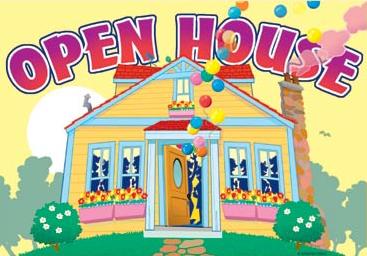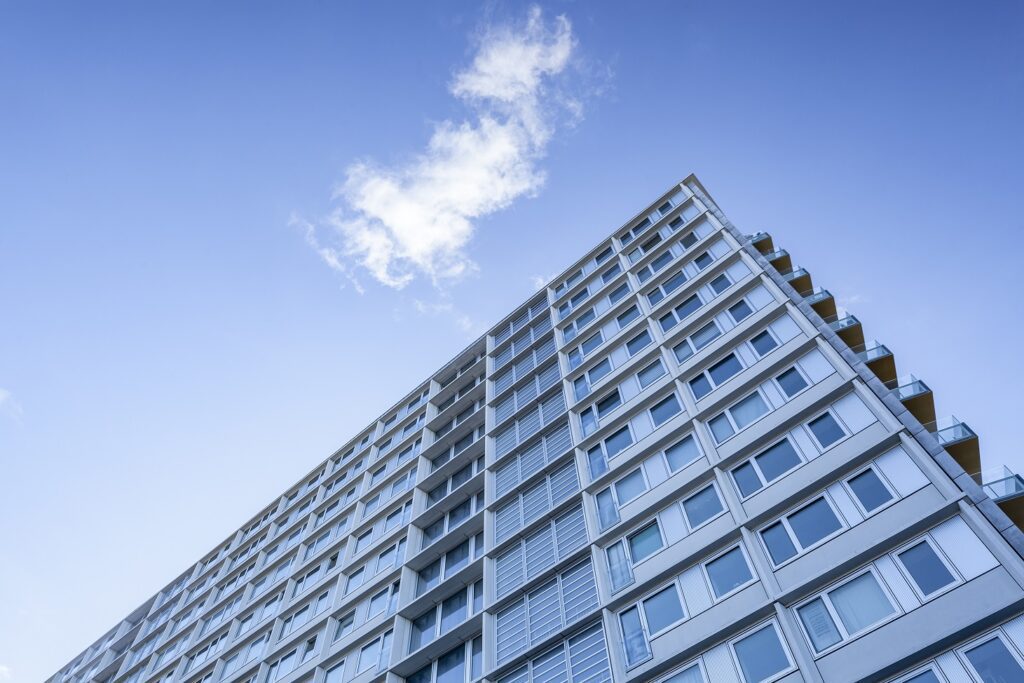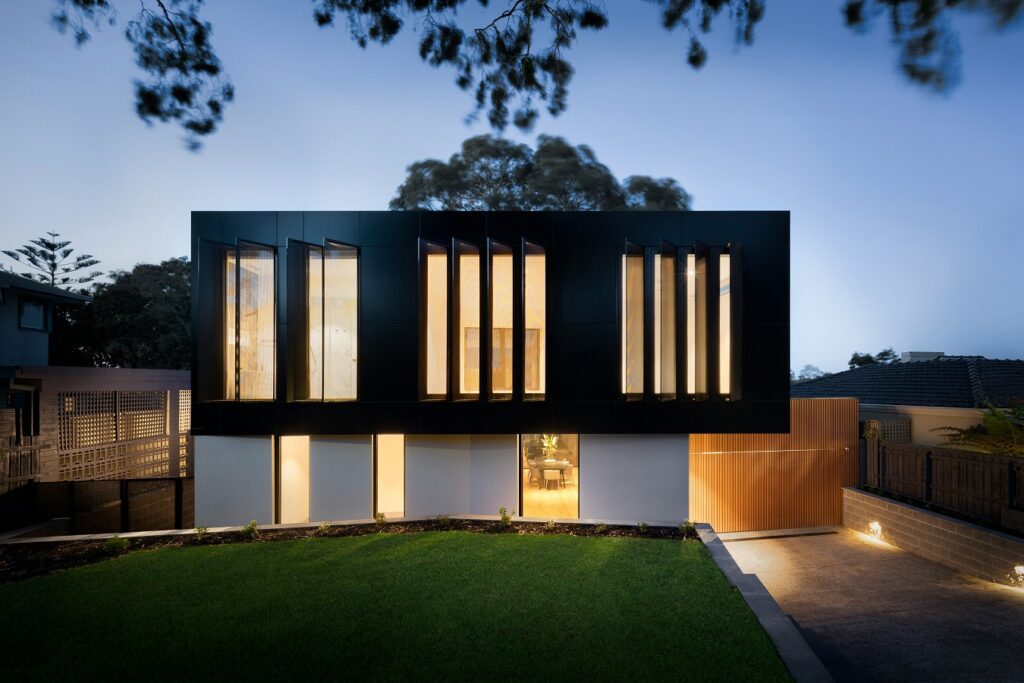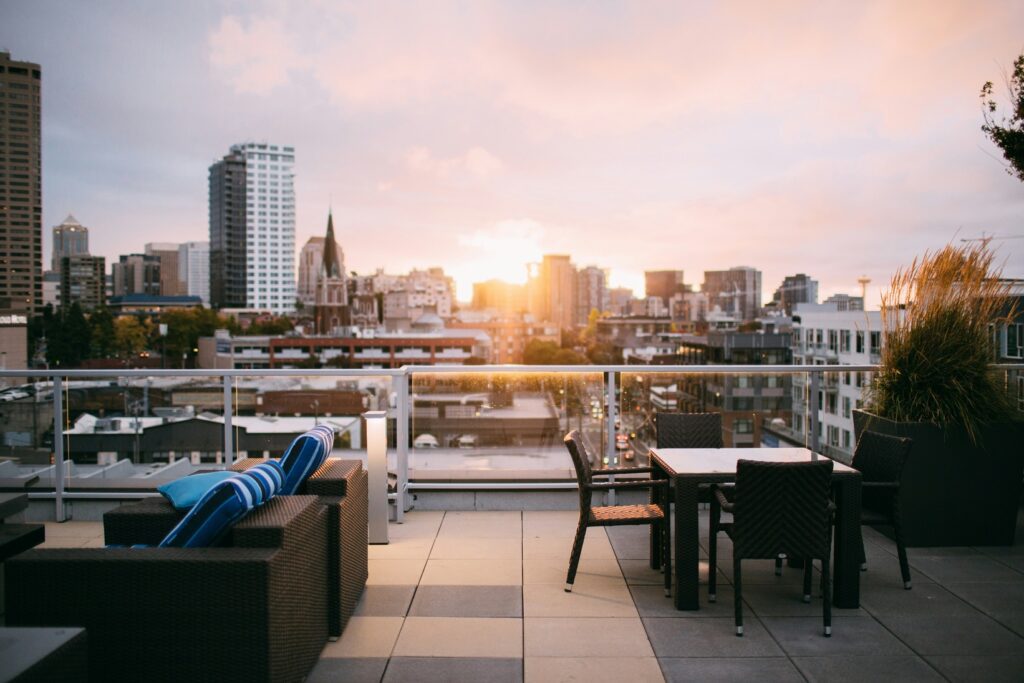The other night, I had a listing presentation for a condominium in the Queen West area, and the owners and I did not see eye-to-eye.
They had no problem with my commission rate or the shirt I was wearing, but they did have some “ideas” of their own on how to market the property.
What’s wrong with doing what has always worked before?

I have always been a proponent of this thing called “marketing,” and I’ve written countless articles about this on my blog before.
I don’t believe that any property will “sell itself,” whether it’s in a hot neighborhood, a sought-after building, or a high-demand location.
While marketing techniques have become more and more innovative in the last few years, there are still some traditional ones that we Realtors continue to use time and time again.
The most common of these: The Open House.
Try driving through any area of the city on a Saturday or Sunday from 2:00 – 4:00PM and you’ll see countless “OPEN HOUSE” signs on street corners with arrows pointing every which way.
The open house is often used for nosey neighbors and people who go “open-housing” as a hobby, but it also provides an opportunity for both aggressive and passive buyers to view your property.
Consider the last part of that statement: aggressive and passive buyers. Some buyers are on a mission and are constantly on the look out for properties in a particular neighborhood, price range, or building in the city, and they are what we call “active buyers” since they’re aiming to purchase a property in the immediate future. The “passive” buyers are the ones that don’t actually know they will purchase a property in the immediate future, since they have yet to walk into that open house that changed their lives…
Open houses can be very hit or miss, but they are always worthwhile.
I tell my sellers, “It only takes one buyer for you to sell your property, and you never know where that buyer is going to come from, or when.”
For this reason, it makes sense to expose your property to the market in every way, and at every moment possible…doesn’t it?
The owners of this Queen West condominium told me that they were 110% against having an open house if we were to list their property on the market, since it was “a waste of time” and “a complete inconvenience.”
I responded by asking them if they didn’t want to be inconvenienced, then why were they selling in the first place?
They looked at me like I was a moron and said, “Because we bought a house in East York; we must sell our condo!”
My question was rhetorical, but they didn’t see it.
I told them that the entire process of selling is one giant inconvenience, but it must be done.
They felt that of “x” number of ways to attract buyers, “y” ways could be subtracted and they could still find a buyer.
It always bothers me when people without their Real Estate Licence start telling me how the job should be done…
I asked them why they felt the open house was a “waste of time,” and they said they figured that if the buyers wanted to see the unit so badly, then they would come back “another time,” which was their way of saying “a less inconvenient time.” They assumed that these buyers that would view the unit on a Sat/Sun open house could just come back during the week with their agent.
I ask the following questions with respect to the eventual “buyer” of their condominium:
-What if the buyer didn’t have an agent, and didn’t have somebody to show them the property during the week?
-What if the buyer was out looking at other properties with his/her agent, and inadvertently “stumbled” upon their property due to the open house?
-What if a friend or family member of the buyer walked into the open house and told the buyer that it was a “must see”?
-What if the buyer wasn’t an “active” buyer, had no intention of looking for a property, but then happened to be out-and-about and walk into the open house?
-What if the buyer had a timeline, and was looking to tie up a property that very weekend, ie. an out-of-towner?
I could go on and on, but I think you get the point.
An open house on a Saturday & Sunday afternoon gives the general public an opportunity to view the property, whether they had intended to or not.
Most of the general public works Monday to Friday from 9AM – 5PM, right?
So when do they have time to view properties? How about at night, or on the weekends?
But many people work later than 5PM, and are too tired to go look at real estate once they get home. This leaves the weekend as the #1 opportunity to view properties for active buyers!
As I mentioned before, we are also after the passive buyers who may be out for a walk on busy Queen Street and happen to mosey-on-in to the unit out of boredom, interest, or a host of other reasons.
You might not think that passive buyers are all that common, but you’re reading the words of a passive buyer right now. Yes, I can honestly say that I had zero intention of purchasing my condo until I was bored one day and went open-housing. I walked inside the condo I now own, and I thought to myself, “This is home.”
The rest is history.
So my Queen Street sellers listened to everything I had to say, but still felt the open house was a waste of time. They agreed that perhaps more people would look at their condo on weekends, but they figured that “somebody” would eventually put in an offer having seen the place with an agent, during the week.
I wanted to pull out my hair.
If you bought shares of General Motors at $10, and it rose all the way to $25, would you sell it for $22? This is the best example I can think of that shows how these people are leaving money on the table.
They told me further to the point that they “didn’t want strangers trekking through their house.” I told them that in the last five years, I have run hundreds of open houses, and I have never had a problem. I have never been present when something was stolen, damaged, or when a stranger made a tuna-sandwich in the sellers’ kitchen.
None of this mattered to them, however. They were jet-set on limiting the number of people who crossed their humble threshold, and were content on leaving the sale of their property to chance.
I’m of the mindset that as a Realtor, you do everything possible to expose the property to the market, and further promote the property to everybody and anybody that you can.
By suppressing your buyer pool, you are only asking for disappointment.
The old adage, “If it ain’t broke, don’t fix it” rings true in this case. Open Houses are an institution in real estate marketing, so why would anybody in their right mind forego one?
It’s a question I’ll be asking myself as I watch that Queen Street property sit on the market…..likely listed by another Realtor…































Dan
at 11:51 pm
Dave –
You may be a realtor, but you’re also a *salesman* first and foremost. Give people what they want and (if you feel the need to), educate them about the consequences.
Read your client’s body language and tone of voice. If they DON’T want to do an open house, tell them that they may be likely leaving some money on the table or have trouble selling the house – and leave it at that.
If you absolutely can’t cope with the “no open house” condition, then refer them to someone else – with a great excuse and a smile.
I wonder if you left these people with a really negative impression of you (stubborn, opinionated, not creative and maybe a bit arrogant – “didn’t hear a word we said”).
Positive referrals and reputation are hard to come by, and even more difficult to keep.
Just a casual observer’s 2 cents based on your article.
David Fleming
at 8:35 pm
Yes, I agree, I AM a salesman first and foremost.
The other day, I called my friend Wes to come over for some football, and I said, “Wes, we’re about to put ribs on the BBQ and there’s no way we can do this without you standing over our shoulder telling us what we’re doing wrong.”
I then heard a friend remark, “He’s such a salesman!”
My article came off a little more harsh and bitter than it was intended.
I did my best to educate my prospective sellers about the perils of not allowing an open house, and of course the money they could leave on the table.
The conversation was completely amicable, and in the end, I agreed to list their property without doing an open house.
The sign off I used in my blog, “…likely listed by another Realtor…,” was premature since I ended up with the listing, and since then have convinced them to allow an open house.
The harsh manner in which the post was written was not intended to slag the sellers, but rather to force the readers to see how passionate I am about doing everything possible to maximize value at selling time.
Chuck
at 8:57 pm
Hey David, it’s Chuck from Royal LePage in Milton. As a former city dweller and fellow real estate blogger, I really enjoy your site a lot.
Isn’t it interesting how many clients feel like they’re qualified to give advice about what they think works to sell a home…
That’s like telling the pilot how to fly the plane, or telling the doctor how to perform surgery. It’s so silly.
Personally I can’t stand open houses… for many reasons which I won’t get into here.
Keep up the great work.
Krupo
at 11:45 pm
Man, I’m glad audit clients can’t tell me who to do MY job… :p
N. J.
at 3:45 pm
Open Houses are primarily for the real estate agent to market themselves. Studies done by the real estate industry itself show that less than 2% of buyers buy because of an open house.